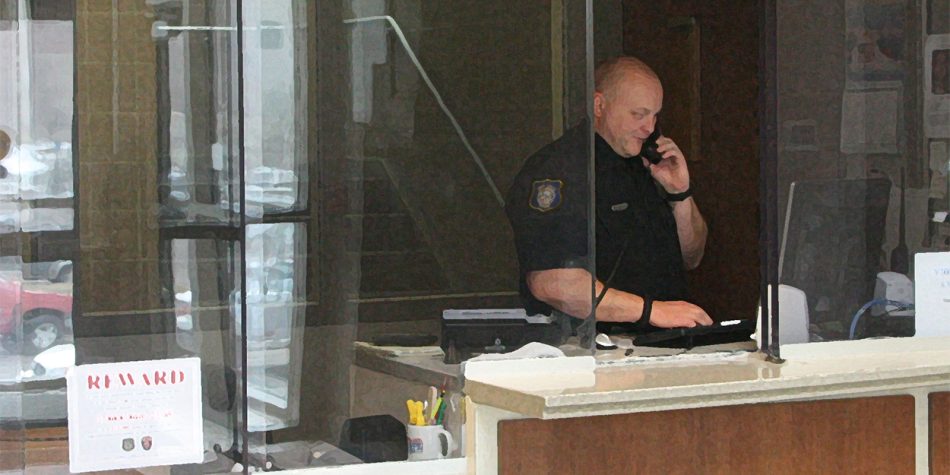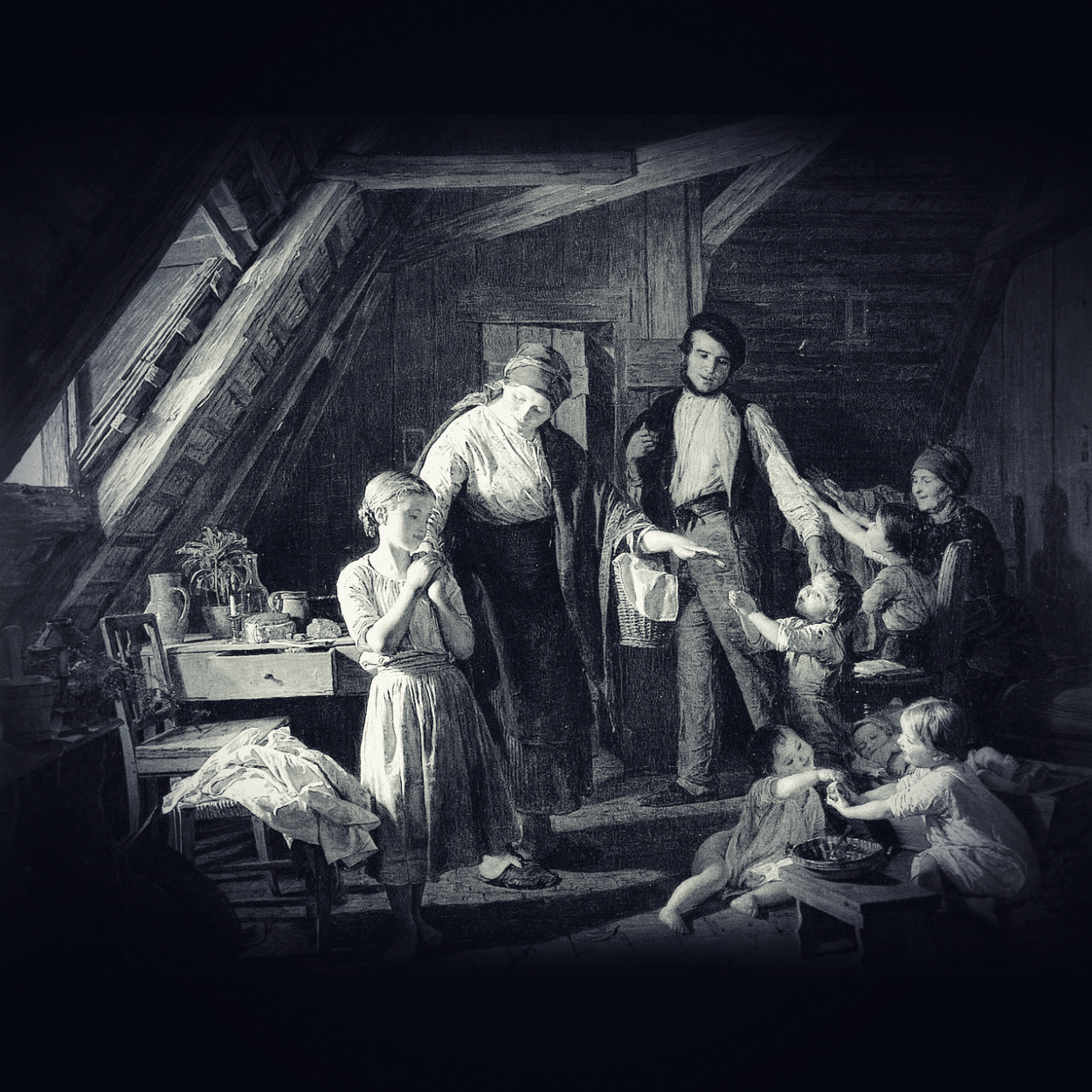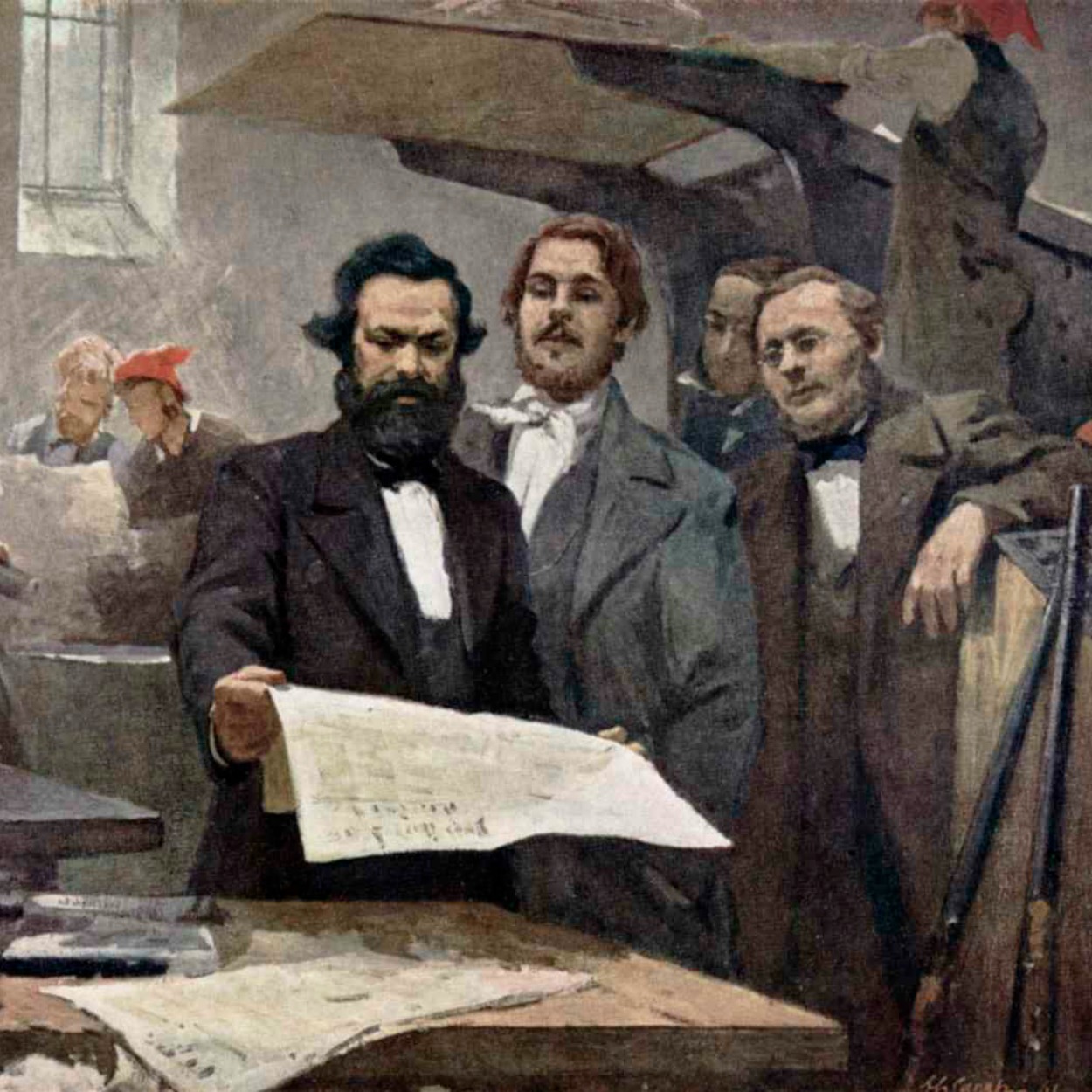In early January, an Oregon woman filed suit against The Church of Jesus Christ of Latter-day Saints because her husband was sent to prison for sexual abuse of his minor daughter. Specifically, the lawsuit claims that a local leader of the Church violated the doctrine of confidentiality and clergy-penitent privilege by reporting her husband’s confession to the police, which subsequently led to his arrest, conviction, and imprisonment.
According to the lawsuit, the woman learned that her husband had engaged in inappropriate conduct with his minor daughter. As members of the Church, the couple then followed church doctrine by having the husband confess his sins. The husband met with a number of local church leaders in their local stake, who participated as members of a church court. The husband confessed that he had engaged in improper sexual contact with his minor daughter.
The lawsuit alleges that a member of the church court reported the confession to state authorities, and that this report violated that state’s clergy-penitent privilege. The lawsuit also claims that members of the church court did not warn the husband that he would be reported to the authorities if he confessed, and that the family was harmed financially as a result of the reporting.
Shortly after the lawsuit was filed, church spokesman Eric Hawkins responded that, “Protecting victims and ensuring proper reporting is a top priority for The Church of Jesus Christ of Latter-day Saints. The Church teaches that leaders and members should fulfill all legal obligations to report abuse to civil authorities.” Hawkins also stated, “We are grateful for the efforts of law enforcement and prosecutors to investigate and pursue justice for those who were abused.”
This lawsuit is ironic in a time when several prominent churches have been sued for allegedly not reporting sex abuse to the police and covering up the actions of abusers. Clearly, there are competing ideals at stake here. Given the need to prioritize protection of the most vulnerable, should clergy always report child abuse no matter what? If so, and it becomes legally required for clergy to always report child sexual abuse, could there be inadvertent consequences? For instance, does that make it less likely that knowledge of these things ever comes to light in the first place (given that confidentiality in confession no longer exists for such serious matters)?
This article will examine the issues that must be considered when answering the above questions. This article cannot and will not provide legal advice to anyone, but it will attempt to provide a greater understanding of the issues to everyone.
General Policy Behind Privileges
In order to understand the issues in this Oregon lawsuit, it is necessary to be familiar with the reason why the law recognizes privileges like the clergy-penitent privilege in the first place. The general law of privileges is different in each state, but most states recognize some form of the husband-wife, lawyer-client, doctor-patient, and clergy-penitent privileges.
The United States Supreme Court stated in the 1950 case of United States v. Bryan that it has been “a fundamental maxim that the public . . . has a right to every man’s evidence.” The existence of privileges that keep the courts from hearing the confession that a wrongdoer gave to another person seems at first glance to violate this fundamental maxim.
So why does the law recognize privileges that prevent a court from hearing all of the relevant evidence? As Professor Deborah Paruch has stated, “Privileges are justified by the need to protect the privacy of certain relationships and the need to encourage open communications within these relationships.” Essentially, privileges are justified when, in the words of Deborah C. Edwards, “the social cost of protecting these relationships far outweighs the testimonial benefits.”
Given the need to prioritize protection of the most vulnerable, should clergy always report child abuse no matter what?
To paraphrase the great legal scholar and evidence expert John Henry Wigmore, there are four conditions that must be met to satisfy this standard: (1) the communications must originate in confidence, (2) the confidentiality must be essential to the maintenance of the relationship, (3) the relationship must be one which the community believes should be fostered, and (4) the injury to the relationship from disclosure would be greater than the benefit of having testimony about the disclosure.
Currently, all fifty states and the District of Columbia have concluded that the clergy-penitent privilege meets this standard and have adopted some form of the privilege. This conclusion can be summed up by the Supreme Court’s statement in Trammel v. United States: “The priest-penitent privilege recognizes the human need to disclose to a spiritual counselor, in total and absolute confidence, what are believed to be flawed acts or thoughts and to receive priestly consolation and guidance in return.”
Clergy-Penitent Privilege
The clergy-penitent privilege varies amongst the states when it comes to the precise requirements of reporting sexual abuse of a child to state authorities. However, Oregon’s reporting requirement for clergy who learn of abuse is in line with the majority of states. Oregon’s law specifically lists members of the clergy as among those considered mandatory reporters who must notify authorities about suspected physical or sexual abuse of a child. However, like many other states, Oregon’s law provides that there is an exception for privileged communications. A communication to clergy is considered to be privileged and is not admissible in court if it is a confidential communication that was made to a clergy member and “under the discipline or tenets of the member’s church . . . the member has an absolute duty to keep the communication confidential.”
What this means from a practical statement is that if the clergy member learns about the abuse from any source other than the abuser, the clergy member must notify authorities. It is only when the information about the abuse comes from the abuser himself and is given to the clergy member in a confidential setting as part of a confessional and/or repentance process that the communication merits legal protection as privileged information.
It is important to note that it is up to the church, not the state, to decide whether its clergy members have an absolute duty to keep the communication confidential. In addition, the law does not prevent clergy members from disclosing the communication to law enforcement; it only prevents the communication from being used against the confessing abuser in court. The law provides no cause of action allowing for suit against a clergy member simply for revealing a confidence. That is likely why the plaintiff in Oregon is requesting damages for emotional distress and loss of her husband’s income.
The Debate Over Reporting Requirements
The Oregon lawsuit raises issues that have a wider impact than just the lawsuit itself. For instance, should the law require clergy members to report suspected sexual abuse of a child, no matter where the information comes from? This question is currently under debate.
In Utah, Representative Angela Romero is sponsoring a bill that would require all allegations of child abuse to be reported to authorities, with no exemption for clergy. Romero has stated that the proposed bill is not targeted at any specific religion, but is aimed at protecting child victims. Romero has added: “My concern is more about protecting children and making sure people who violate them are held accountable, because what they’re doing is criminal.” Romero is not alone in taking this position. If the bill passes, Utah would join five other states in having no exception for clergy when it comes to reporting requirements.
This bill faces opposition from the Roman Catholic Church. The Catholic Diocese of Salt Lake City has urged Utah Catholics to ask state legislators to oppose the bill “that forces individuals to choose between the most sacrosanct part of their religious beliefs and imprisonment — the very situation the First Amendment was meant to protect against.” The Diocese argues that:
“For a Catholic priest, revealing the contents of a person’s confession is a mortal sin and grounds for automatic excommunication. In the past, priests have been tortured and given their lives rather than break their solemn vow to protect the seal of confession. This isn’t just a convenient means of maintaining confidentiality, it is a sacred duty and thus critical to the free exercise of our religion. [The proposed bill] places a Catholic priest in the untenable position of violating state law and facing criminal penalties or violating canon law and facing excommunication.”
It is likely that other churches will take a similar position on this bill. It is also likely that however this bill fares in the Utah Legislature this session, the issues involved will come up again in Utah and other states.
Both sides of the argument must concede certain points made by the other. Child abuse, especially sexual abuse, is an abhorrent practice that society has a strong interest in stopping. Likewise, society has a strong interest in protecting religious freedom and the confidential nature of the confession/repentance process. Balancing these interests may lead to a third option that doesn’t force confidentiality and disclosure into a zero-sum, either-or proposition.
The attorney-client privilege is among the oldest of the privileges for confidential communications known to the law. The protections of the attorney-client privilege extend to oral communications, written documents, and tangible objects that are conveyed by a client to an attorney in confidence for the purpose of obtaining legal advice. However, the privilege is subject to the crime-fraud exception which applies when an attorney-client communication takes place in order to further a future crime or fraud. Likewise, the information provided by a patient to a psychotherapist during therapy is protected from disclosure under the psychotherapist-patient privilege. However, some courts recognize a dangerous-patient exception to this privilege (where the psychotherapist-patient privilege does not apply) when there was threatened harm to a third party, the threats were serious when uttered, that harm was imminent, and disclosure was the only way to prevent the harm.
A legislature could potentially decide to balance the competing interests discussed above by treating the clergy-penitent privilege like the attorney-client and psychotherapist-patient privileges by establishing a rule that confidential communications by an abuser as part of the confession/repentance process are privileged if they are about past abuse, but are not privileged if disclosure is necessary to prevent future physical or sexual abuse of a child. Ultimately, it will be up to the Utah Legislature and any other legislature considering this issue, now or in the future, to determine whether the social cost of protecting the clergy-penitent relationship far outweighs the testimonial benefits in child abuse cases.
Policy Considerations of the Oregon Case and Similar Cases
Due to the nature of litigation, the precise details of the Oregon lawsuit will not be known for some time. Thus, it is not possible to predict exactly how the case will turn out. However, there are several policy considerations that would indicate that the plaintiff should not prevail against the Church.
In the Oregon case, the father was charged with first-degree sodomy, sexual abuse, and unlawful penetration of a girl under the age of sixteen. Every responsible expert would agree that a child who suffered this sort of abuse should be seen by a physician and by a psychotherapist to diagnose the harm that occurred and the treatment that is required because of the harm.
If the plaintiff wins this case, it would discourage all religious organizations from reporting abuse, even when their doctrine or policy allows for it.
When the plaintiff found out that this girl was abused, she should have made sure that the girl was seen by these professionals. Once these professionals had met with the girl and learned about the abuse, they would have been required by law to report the abuse to authorities. (In many other states, the plaintiff would have been required to report the abuse to authorities herself.). Even assuming that the clergy member in this case was not required to report the abuse, it would be terrible policy to reward the plaintiff for failing to take responsible actions toward the child victim that would have resulted in the abuse being reported anyway.
In addition, the statements by church spokesman Eric Hawkins that “[p]rotecting victims and ensuring proper reporting is a top priority for The Church of Jesus Christ of Latter-day Saints,” and “the Church teaches that leaders and members should fulfill all legal obligations to report abuse to civil authorities” indicates that the disclosure in this case may well have been in compliance with church policy. Essentially, this suit misrepresents what the Church’s policy is, and then attempts to ask the court to impose punishment on the Church for a perceived deviation in following its own avowed practices. Allowing this to happen would be contrary to the dictates of the First Amendment.
Further, allowing the plaintiff to prevail would be contrary to the policy behind the mandatory reporting laws—that child abuse is a heinous crime that should be reported so that it can be stopped. If the plaintiff wins this case, it would discourage all religious organizations from reporting abuse, even when their doctrine or policy allows for it. As law professor Christine Bartholomew has stated, “If this case were to be successful, I worry that it would chill the advancements we’ve made in creating that informational pipeline which has been a hard road to actually begin to pave.”
Conclusion
The lawsuit claims that the plaintiff and her husband are active, believing members of The Church of Jesus Christ of Latter-day Saints, which considers the Bible to be one of its standard works of scriptures. Thus, they should be familiar with Matthew 18:6, in which the Savior stated, “But whoso shall offend one of these little ones which believe in me, it were better for him that a millstone were hanged about his neck, and that he were drowned in the depth of the sea.” There is great irony in their attempt to remove the millstone from a convicted child sex abuser’s neck and place it on the Church, and obtain a monetary reward in the process. The Oregon court system should not aid them in this effort.



















